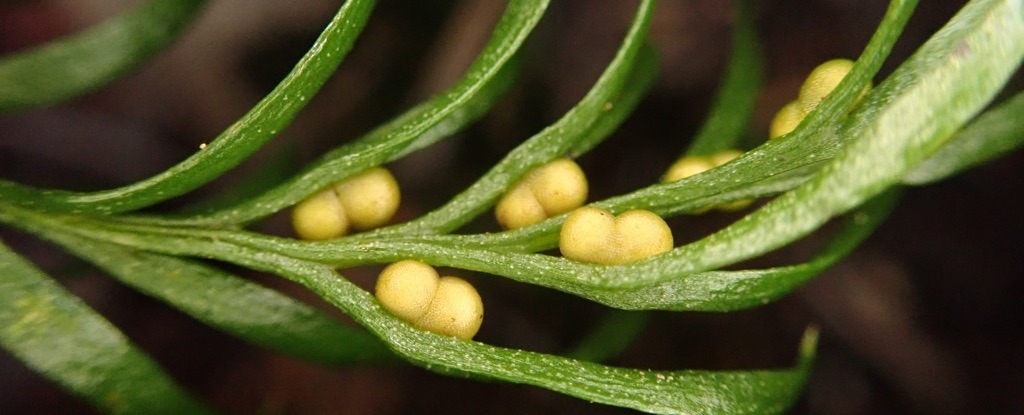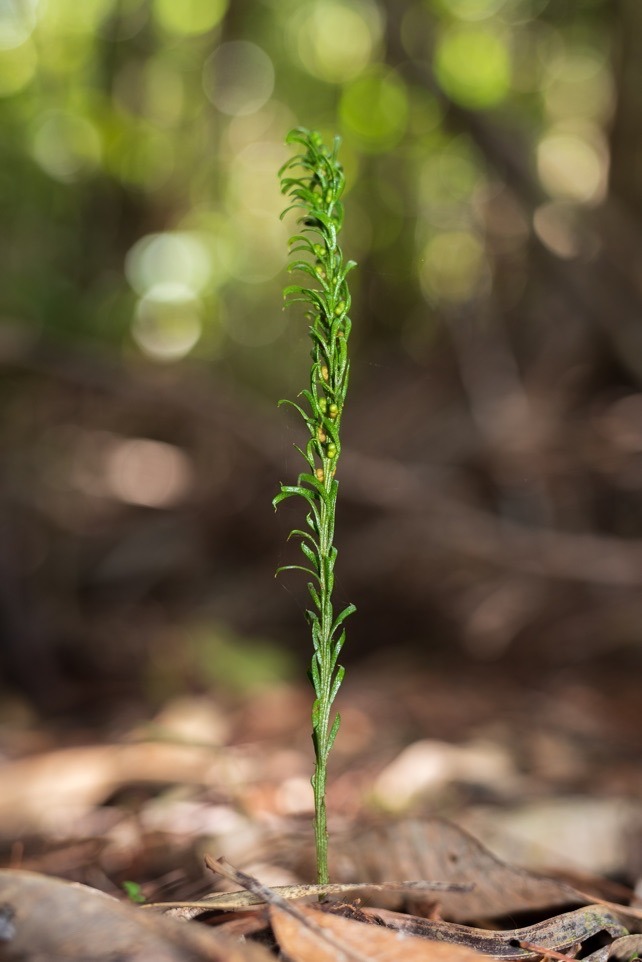The unveiling of the Largest Genome on Earth comes as a significant revelation, surprising researchers and enthusiasts alike.

An unassuming fern species native to a remote Pacific island has clinched the Guinness World Record for possessing the most extensive genome among all known organisms.
Tmesipteris oblanceolata, found in New Caledonia, boasts over 50 times the amount of DNA found in human cells, cramming its cellular nuclei with genetic material.
The fern’s genetic material, if stretched out, would span a remarkable 106 meters, surpassing the height of London’s iconic Big Ben tower.
This genomic behemoth weighs in at a staggering 160 gigabase pairs (Gbp), eclipsing the previous record holder, Paris japonica, by seven percent.
Remarkably, this diminutive fern, standing only a few centimeters tall, holds this genetic distinction, showcasing that appearances can be deceiving even in the realm of record-breaking biology.

Researchers, led by Ilia Leitch from the UK’s Royal Botanic Gardens Kew, expressed astonishment at encountering a genome larger than previously thought possible. Their findings, published in iScience, resulted from collaborative efforts with local scientists on Grand Terre, New Caledonia’s main island.
Guinness World Records bestowed the fern with the prestigious “largest genome title,” highlighting that record holders aren’t always the most conspicuous.
The concept of a genome, elucidated by Leitch, underscores its significance as the repository of an organism’s genetic instructions, influencing its life and survival.
Despite this triumph, the implications of possessing such an extensive genome raise questions about functionality and necessity. Leitch and her team ponder the role of seemingly redundant genetic material, challenging the notion of “junk DNA” and suggesting untapped functionalities awaiting discovery.
Jonathan Wendel, a botanist at Iowa State University, emphasized the need to delve deeper into the evolutionary underpinnings of genome size variations, signaling the commencement of a broader exploration into the mysteries of genetic complexity.


